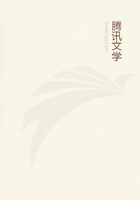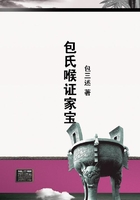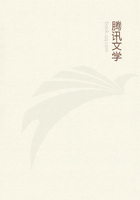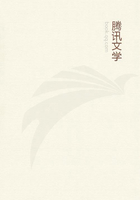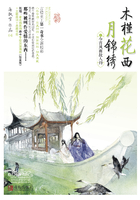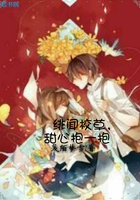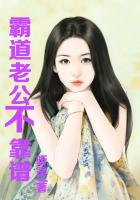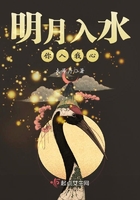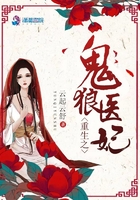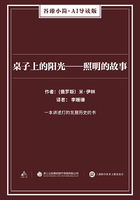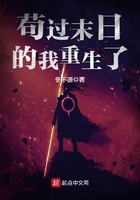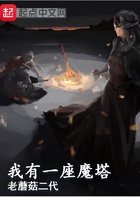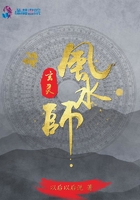Of Property 24. Whether we consider natural reason, which tells us that men, being once born, have a right to their preservation, and consequently to meat and drink and such other things as Nature affords for their subsistence, or "revelation," which gives us an account of those grants God made of the world to Adam, and to Noah and his sons, it is very clear that God, as King David says (Psalm 115. 16), "has given the earth to the children of men," given it to mankind in common. But, this being supposed, it seems to some a very great difficulty how any one should ever come to have a property in anything, I will not content myself to answer, that, if it be difficult to make out "property" upon a supposition that God gave the world to Adam and his posterity in common, it is impossible that any man but one universal monarch should have any "property" upon a supposition that God gave the world to Adam and his heirs in succession, exclusive of all the rest of his posterity; but I shall endeavour to show how men might come to have a property in several parts of that which God gave to mankind in common, and that without any express compact of all the commoners.
25. God, who hath given the world to men in common, hath also given them reason to make use of it to the best advantage of life and convenience. The earth and all that is therein is given to men for the support and comfort of their being. And though all the fruits it naturally produces, and beasts it feeds, belong to mankind in common, as they are produced by the spontaneous hand of Nature, and nobody has originally a private dominion exclusive of the rest of mankind in any of them, as they are thus in their natural state, yet being given for the use of men, there must of necessity be a means to appropriate them some way or other before they can be of any use, or at all beneficial, to any particular men. The fruit or venison which nourishes the wild Indian, who knows no enclosure, and is still a tenant in common, must be his, and so his- i.e., a part of him, that another can no longer have any right to it before it can do him any good for the support of his life.
26. Though the earth and all inferior creatures be common to all men, yet every man has a "property" in his own "person." This nobody has any right to but himself. The "labour" of his body and the "work" of his hands, we may say, are properly his. Whatsoever, then, he removes out of the state that Nature hath provided and left it in, he hath mixed his labour with it, and joined to it something that is his own, and thereby makes it his property. It being by him removed from the common state Nature placed it in, it hath by this labour something annexed to it that excludes the common right of other men. For this "labour" being the unquestionable property of the labourer, no man but he can have a right to what that is once joined to, at least where there is enough, and as good left in common for others.
27. He that is nourished by the acorns he picked up under an oak, or the apples he gathered from the trees in the wood, has certainly appropriated them to himself. Nobody can deny but the nourishment is his. I ask, then, when did they begin to be his? when he digested? or when he ate? or when he boiled? or when he brought them home? or when he picked them up? And it is plain, if the first gathering made them not his, nothing else could. That labour put a distinction between them and common. That added something to them more than Nature, the common mother of all, had done, and so they became his private right. And will any one say he had no right to those acorns or apples he thus appropriated because he had not the consent of all mankind to make them his? Was it a robbery thus to assume to himself what belonged to all in common? If such a consent as that was necessary, man had starved, notwithstanding the plenty God had given him. We see in commons, which remain so by compact, that it is the taking any part of what is common, and removing it out of the state Nature leaves it in, which begins the property, without which the common is of no use. And the taking of this or that part does not depend on the express consent of all the commoners. Thus, the grass my horse has bit, the turfs my servant has cut, and the ore I have digged in any place, where I have a right to them in common with others, become my property without the assignation or consent of anybody.
The labour that was mine, removing them out of that common state they were in, hath fixed my property in them.
28. By making an explicit consent of every commoner necessary to any one's appropriating to himself any part of what is given in common.
Children or servants could not cut the meat which their father or master had provided for them in common without assigning to every one his peculiar part. Though the water running in the fountain be every one's, yet who can doubt but that in the pitcher is his only who drew it out? His labour hath taken it out of the hands of Nature where it was common, and belonged equally to all her children, and hath thereby appropriated it to himself.

